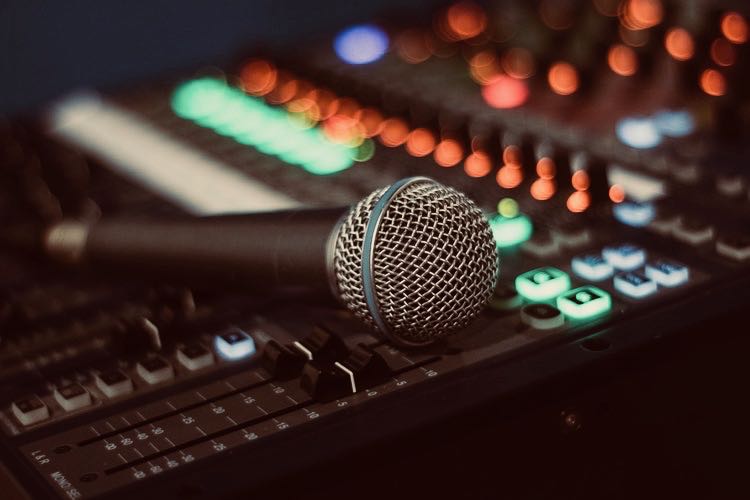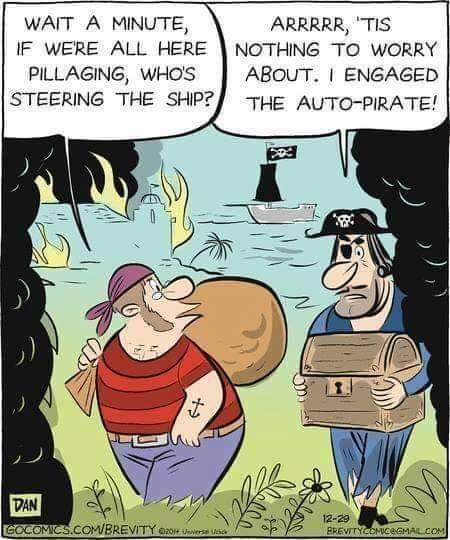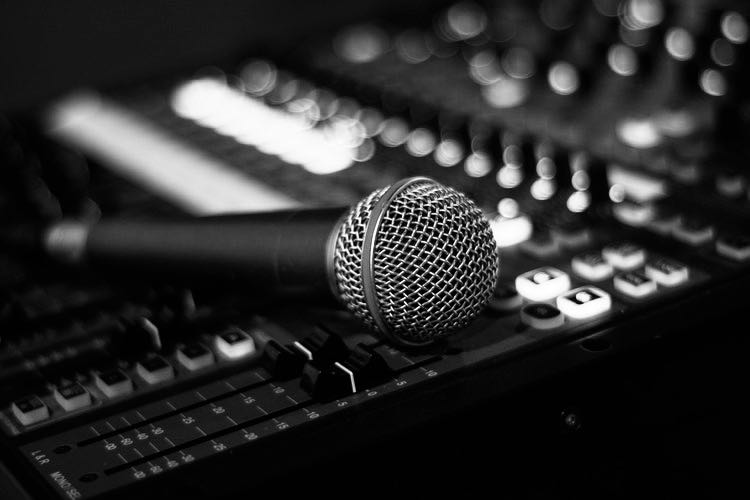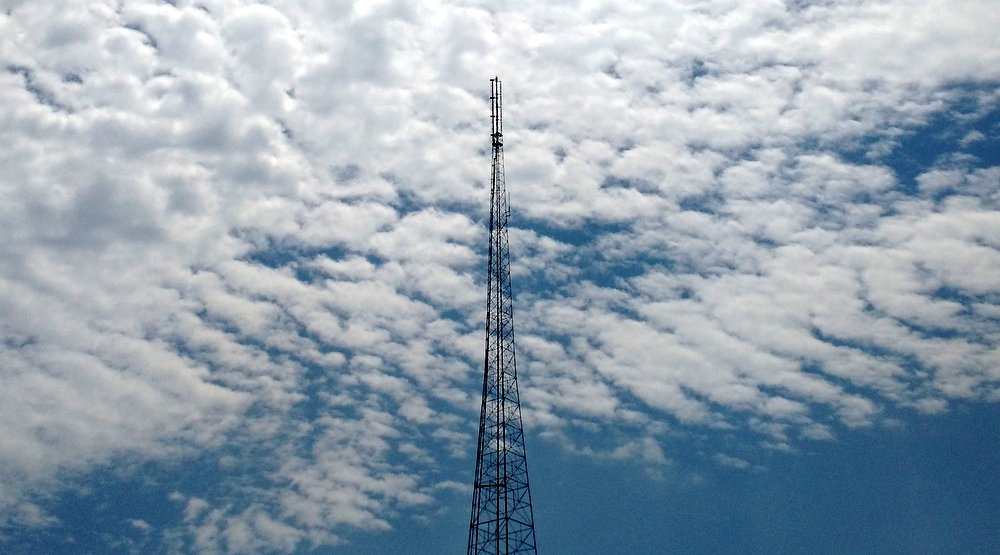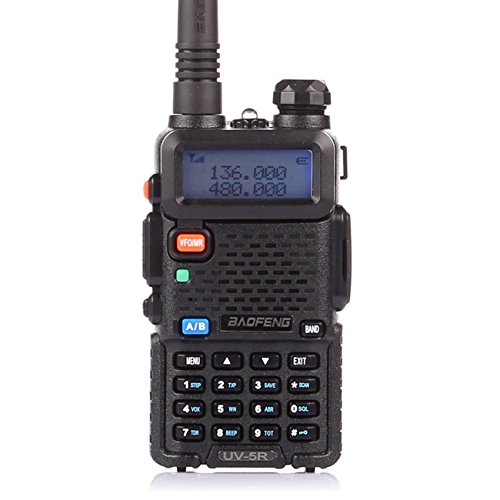
The Enforcement Bureau (Bureau) of the Federal Communications Commission (FCC) has observed that a growing number of conventional retailers and websites advertise and sell low-cost, two-way VHF/UHF radios that do not comply with the FCC’s rules. Such devices are used primarily for short-distance, two-way voice communications and are frequently imported into the United States. These radios must be authorized by the FCC prior to being imported, advertised, sold, or operated in the United States.
Many of these radios violate one or more FCC technical requirements. For example, some can be modified to transmit on public safety and other land mobile channels for which they are not authorized, while others are capable of prohibited wideband operations.
Such radios are illegal, and many have the potential to negatively affect public safety, aviation, and other operations by Federal, state, and local agencies, as well as private users. Because these devices must be, but have not been, authorized by the FCC, the devices may not be imported into the United States, retailers may not advertise or sell them, and no one may use them. Rather, these devices may only be imported, advertised, sold, or used only if the FCC first has approved them under its equipment authorization process (or unless the devices operate exclusively on frequencies reserved for amateur licensees or they are intended for use exclusively by the federal government). Moreover, with only very limited exceptions, after being authorized, the devices may not be modified. Anyone importing, advertising or selling such noncompliant devices should stop immediately, and anyone owning such devices should not use them. Violators may be subject to substantial monetary penalties.
What Should You Know?
The Bureau has noted an increase in the manufacturing, importation, advertising, and sale of two-way VHF/UHF radios that are not authorized in accordance with the Commission’s rules. Generally, electronic devices that intentionally emit radio waves are required to be certified by the FCC or an authorized third-party certification entity (Telecommunications Certification Body) prior to importation, advertising, sale, or use. Two-way VHF/UHF radios require FCC certification to show compliance with our rules, unless they qualify for a limited exception (see Amateur Radio Exception, below, and Federal government exception at footnote 4).
This certification requirement ensures that equipment complies with technical requirements to avoid causing interference to federal government operations, private licensed operations, and other authorized operations or equipment. Equipment that does not comply with the technical requirements cannot be certified and thus cannot be imported, advertised, sold, or used.
Amateur Radio Exception. There is one exception to this certification requirement: if a device is capable of operating only on frequencies that the FCC has allocated for use by Amateur Radio Service licensees, it does not require FCC equipment authorization,8 and an amateur licensee may use his or her license to operate such radios. However, many two-way radios that purport to operate on amateur frequencies also operate on frequencies that extend beyond the designated amateur frequency bands. If a two-way VHF/UHF radio is capable of operating outside of the amateur frequency bands, it cannot be imported, advertised, sold, or operated within the United States without an FCC equipment certification.
Even if a two-way VHF/UHF radio operates solely within the amateur frequencies, the operator is required to have an amateur license to operate the device and must otherwise comply with all applicable rules. The Bureau will take very seriously any reports of failures of two-way radio operators to comply with all relevant rules and requirements when using devices in the amateur bands.
What Happens If Manufacturers, Retailers, or Operators Do Not Comply with the FCC’s Rules?
Violators of the Commission’s marketing rules may be subject to the penalties authorized by the Communications Act, including, but not limited to, substantial monetary fines (up to $19,639 per day of marketing violations and up to $147,290 for an ongoing violation).
What Should You Do?
The FCC rules governing two-way VHF/UHF radios are designed to minimize interference to all authorized spectrum users, including important government and public safety operations. Manufacturers, importers, retailers, and radio operators should take the time to learn the FCC rules governing equipment authorization and comply with them. When manufacturing, importing, advertising or selling two-way radios and accessories that either are electronic or have electronic components, manufacturers, importers and marketers should ensure that such devices or components are properly certified and labeled as FCCcompliant and cannot be easily modified to operate outside its grant of certification. Prior to purchase or operation, individuals should ensure that a device is either labeled as FCC-compliant or operates solely within amateur frequencies.
Need more information? For additional information regarding equipment marketing and amateur radio rules, please visit the FCC website at https://www.fcc.gov/engineering-technology/laboratory-division/general/equipmentauthorization and https://www.fcc.gov/wireless/bureau-divisions/mobility-division/amateur-radio-service, respectively. Media inquiries should be directed to Will Wiquist at (202) 418-0509 or [email protected].
To file a complaint, visit https://consumercomplaints.fcc.gov or call 1-888-CALL-FCC.
Click here to download the full advisory including footnotes (PDF).
I can’t imagine how many of these non-compliant HTs are floating around on the market. I’m guessing this could also affect the sale of used non-compliant radios–? I’m sure there are a number of amateur radio retailers that have a vast inventory of non-compliant radios that they can no longer sell, without potentially facing serious fines by the FCC.

